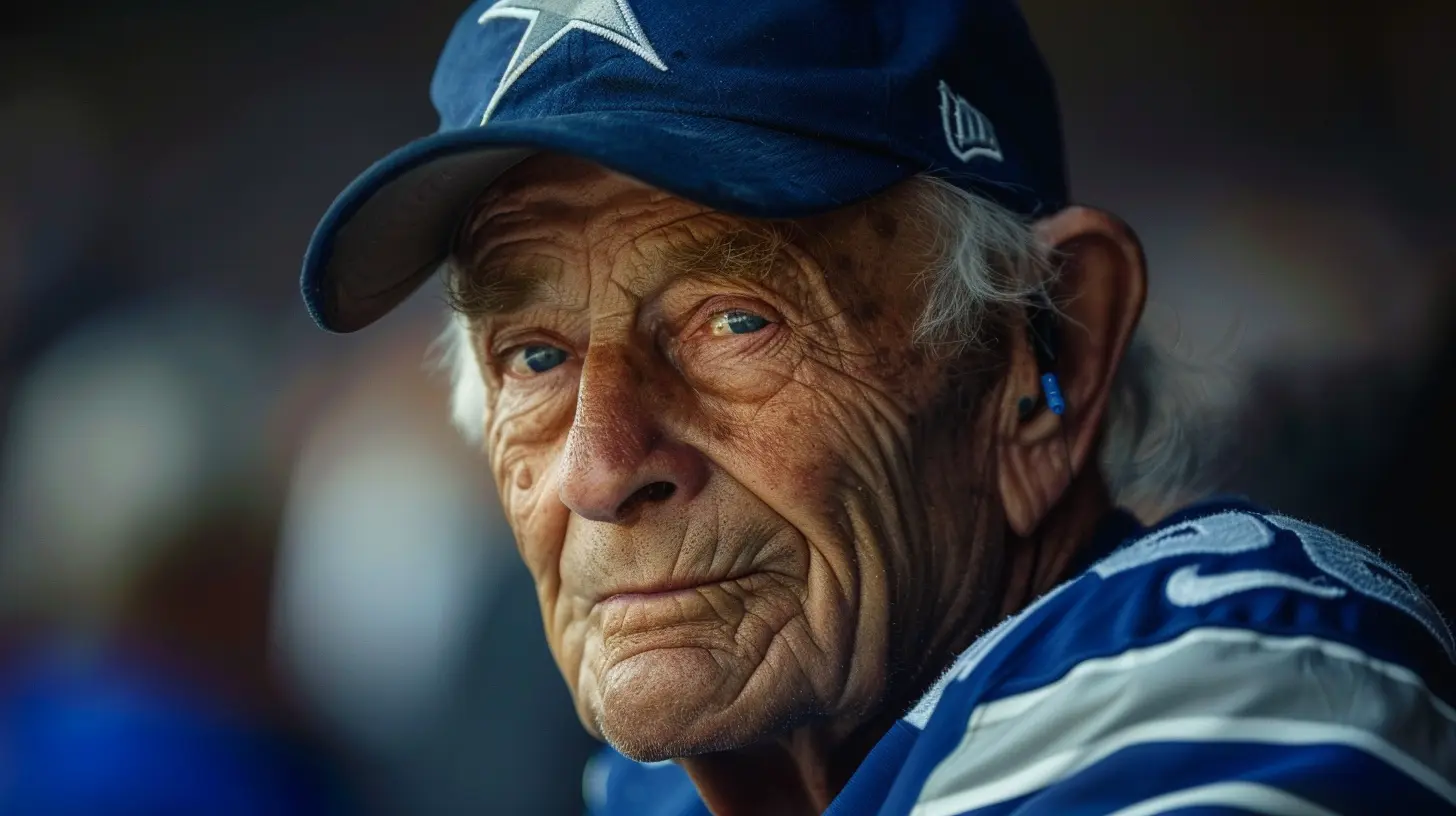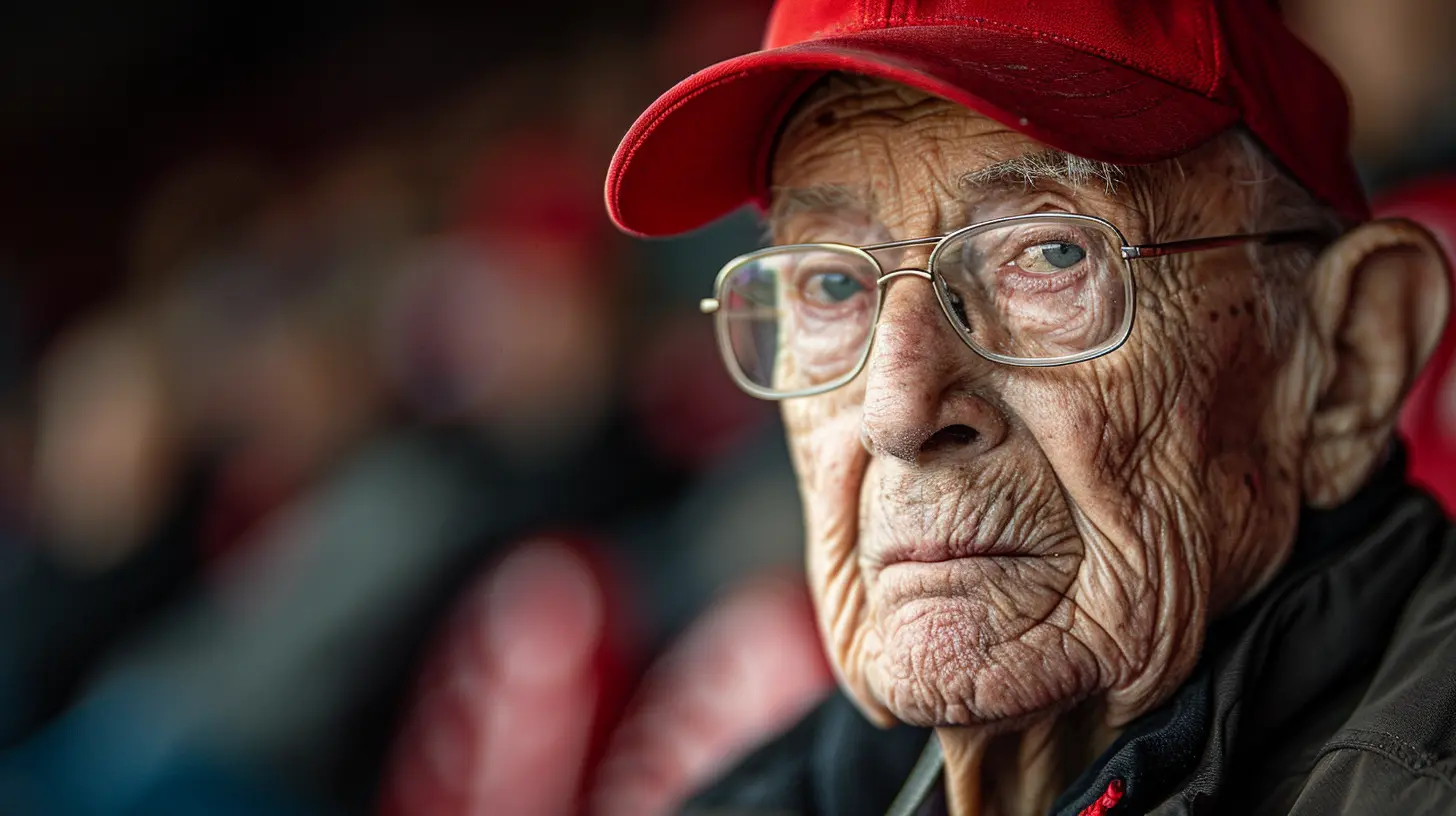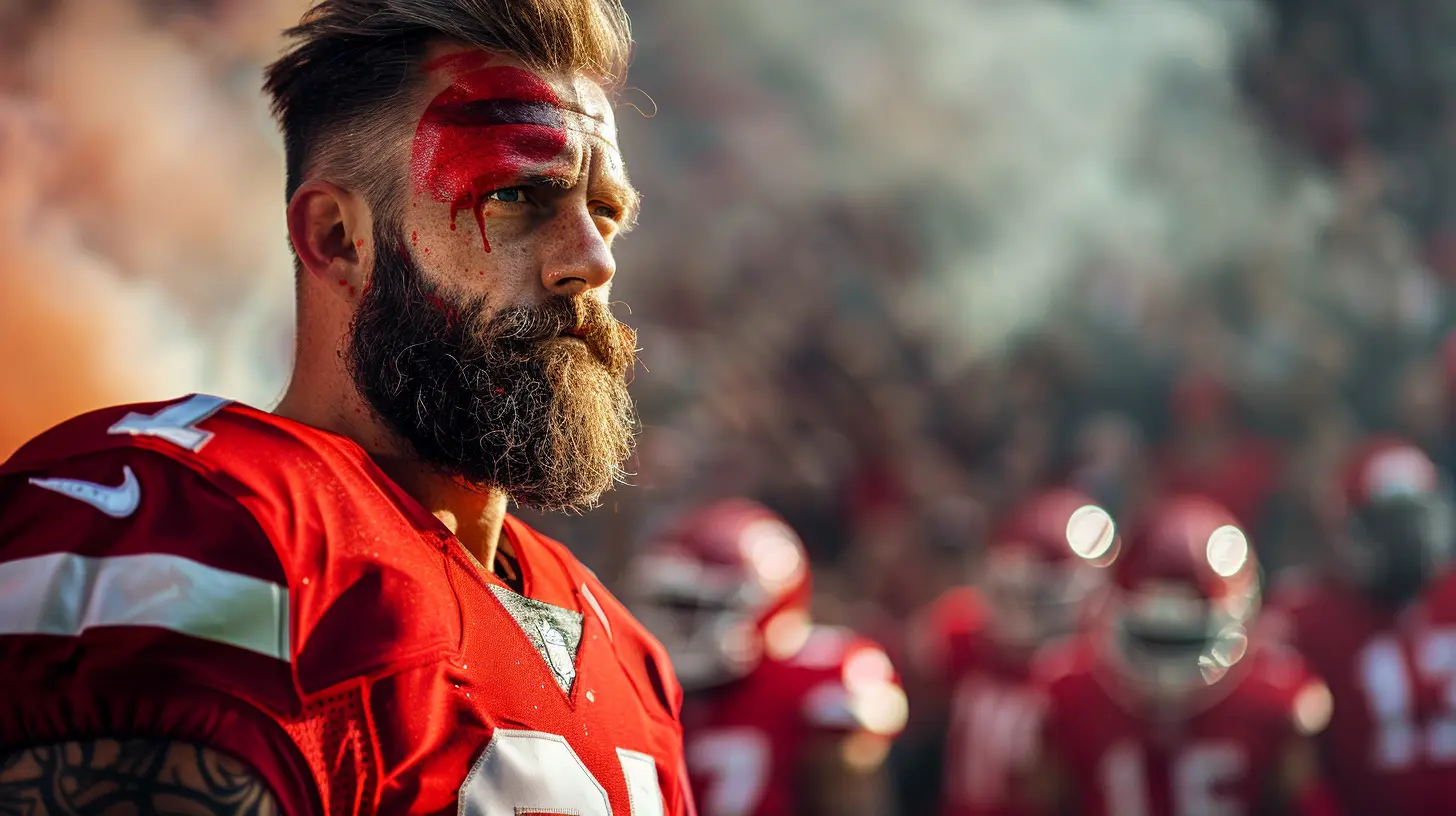Sign Off From the Sideline: A Veteran’s Farewell to the Game
27 October 2025
Every athlete knows the day will come. The day when the cleats are hung, the jersey is folded, and the cheers from the stands become faint echoes in the distance. It’s a bittersweet moment, filled with pride, nostalgia, and maybe just a tinge of heartache. If you’ve spent years—sometimes decades—dedicating yourself to a game, walking away isn’t just a decision, it’s a life-altering transition.
This is the story of countless athletes, both professional and amateur, as they bid farewell to the game they love. Today, we’ll dive into the emotional journey of a veteran’s farewell, the reasons behind the decision, and the legacy left behind. Whether you're a player, a fan, or someone who’s witnessed the highs and lows of sports, this reflection may just hit home.

The Moment You Know It’s Time
For many athletes, the decision to retire doesn’t happen overnight. It creeps in slowly, like the way your body aches a little more after each game or how the motivation to grind through tough practices begins to wane. You start to wonder, “Is it still worth it?” or “Do I still have it in me?”Retirement is often not just about physical limitations, though that’s a big factor. Sure, the knees might not bounce back after a tough match like they used to, and the stamina to endure long practices may start to dwindle. But it’s also about mental fatigue. The discipline, the sacrifices, the constant pressure to perform—it can wear on even the strongest of minds.
Sometimes, you just know. There’s that one game, that one season where you feel like you’ve given all you can give. It’s not that you don’t love the game anymore. You always will. But you realize it’s time to pass the torch, to make way for the next generation of athletes.

The Physical Toll: When the Body Says "Enough"
Let’s face it, no one can escape Father Time. For athletes, the body is the ultimate tool. But over the years, it takes a beating. The twisted ankles, torn ligaments, and countless hours of rehab start to pile up. And while the mind might still be in the game, the body often says, “I’m out.”Injuries are a defining factor in many retirement decisions. A torn ACL, a recurring hamstring issue, or even concussions can force an athlete to reconsider their future. It’s not just about playing the next game, but about long-term health. Do you really want to risk serious injury that could affect the rest of your life just for one more season?
It’s a tough pill to swallow. Your body, which has carried you through so many battles on the field, court, or track, is no longer up to the challenge. You have to listen to what it’s telling you.

The Mental Game: When the Fire Burns Out
It’s not just the body that gets worn down. The mind, too, can reach its breaking point. Athletes operate under immense pressure. From the expectations of fans and coaches to the constant drive to improve, the mental strain can be overwhelming.After years of competition, some athletes find that they simply don’t have the same fire in their belly. The grind of training, the long road trips, the endless media scrutiny—it all starts to lose its appeal. What once felt thrilling now feels like a chore.
For many veterans, this mental fatigue is what ultimately pushes them to hang it up. They’ve achieved what they set out to do, and now, they’re ready for a new challenge. It’s not that they’ve fallen out of love with the game, but the passion that once burned so brightly has dimmed, and it’s time to move on.

The Emotional Rollercoaster of Letting Go
Make no mistake, retiring from the game is an emotional experience. You’re not just leaving behind a sport; you’re saying goodbye to a way of life. The camaraderie, the locker room banter, the adrenaline rush of competition—it’s all part of who you are, and walking away is like losing a piece of yourself.For some, the hardest part is leaving behind the team—the brothers or sisters in arms who’ve been through the trenches with you. The bond athletes share with their teammates is unlike any other. You’ve sweated, bled, and celebrated together. And now, you’re stepping away while they continue on without you.
Then there’s the fans. The people who’ve cheered for you from the stands, watched your every move, and lived through your triumphs and defeats. Walking away means saying goodbye to that connection, too. It can feel like you’re letting them down, even though deep down, you know it’s time.
The farewell speech, whether it’s a formal press conference or just a quiet decision, is often the most gut-wrenching part. How do you sum up an entire career? How do you thank everyone who’s been part of the journey? And how do you say goodbye to something that’s been your entire life?
The Legacy You Leave Behind
Though your time in the game may be coming to an end, your legacy lives on. Every athlete leaves their mark, whether they realize it or not. It’s not just about championships or records. It’s about the impact you’ve had on your teammates, your fans, and the sport itself.Maybe you were the leader in the locker room, the one who rallied the team when times were tough. Maybe you were the mentor, the veteran who took younger players under your wing. Or maybe you were the underdog, the one who fought tooth and nail to earn your place and inspired others to do the same.
No matter the role, every athlete leaves behind a story. And that story continues to inspire long after the final whistle blows.
Life After the Game: What’s Next?
Retirement doesn’t mean the end of the road. In fact, for many athletes, it’s just the beginning of a new chapter. The skills and discipline you’ve honed over the years don’t just disappear when you step off the field. They serve you in whatever comes next.Some veterans transition into coaching, passing on their knowledge and experience to the next generation. Others dive into broadcasting or media, staying close to the game in a new capacity. And then there are those who pursue entirely new careers, using the lessons they’ve learned from sports to excel in business, entrepreneurship, or other industries.
But perhaps the most important part of life after the game is rediscovering yourself. For so long, you’ve been defined as an athlete, but now it’s time to explore other passions and interests. It can be daunting, but it’s also exciting. After years of focusing on one thing, you finally have the freedom to try something new.
The Final Play: A Farewell with No Regrets
At the end of the day, retirement is a deeply personal decision. There’s no right or wrong time to hang it up, only the time that feels right for you. And while it’s undoubtedly a difficult choice, it’s also a moment of pride. Not everyone gets to say they played the game at the highest level, gave it their all, and walked away with no regrets.You’ve left your mark. You’ve built relationships, created memories, and inspired others. And now, it’s time to step aside and let someone else take the spotlight.
So here’s to the veterans, the ones who’ve given everything they have to the game. Your chapter might be closing, but your story will live on. And as you walk away from the sideline for the last time, know that you’ll always be a part of the game—because the game is part of you.
Conclusion: The Game Never Really Ends
The end of an athletic career is never truly the "end." Sure, the uniform might be retired, and the roar of the crowd may fade, but the game stays with you. The lessons you’ve learned, the friendships you’ve made, and the experiences you’ve had—they’re all part of who you are now.And while you may no longer be on the field, the passion for the game never dies. It just transitions. You become a fan, a mentor, a storyteller—someone who carries the love of the sport into the next phase of life.
So, when it’s time to sign off from the sideline, remember—this isn’t goodbye. It’s just a new beginning.
all images in this post were generated using AI tools
Category:
Retirement AnnouncementsAuthor:

Frankie Bailey
Discussion
rate this article
1 comments
Jolene McAdams
A heartfelt tribute to a remarkable career; your contributions to the game will always be cherished.
November 7, 2025 at 5:28 AM

Frankie Bailey
Thank you for your kind words! It's been an incredible journey.


